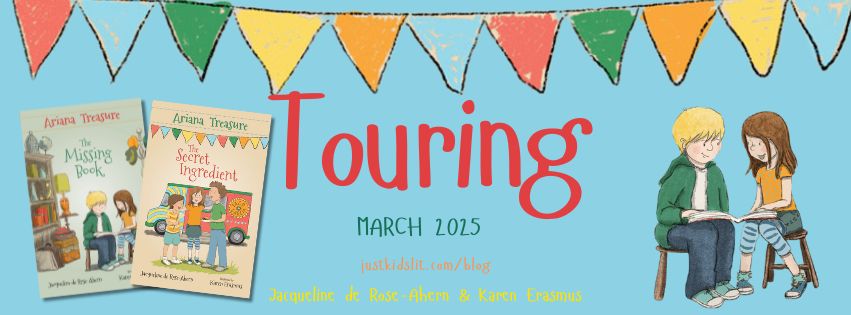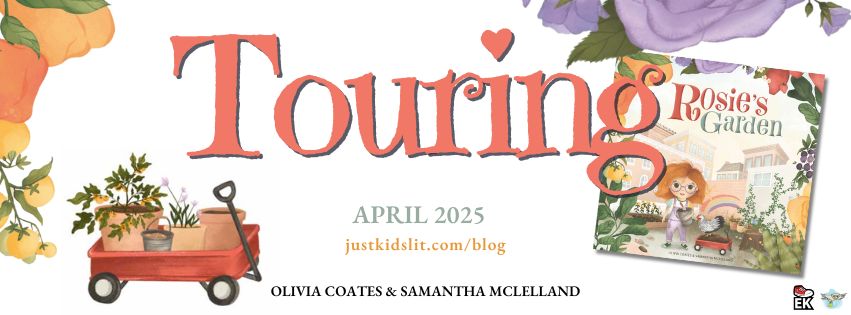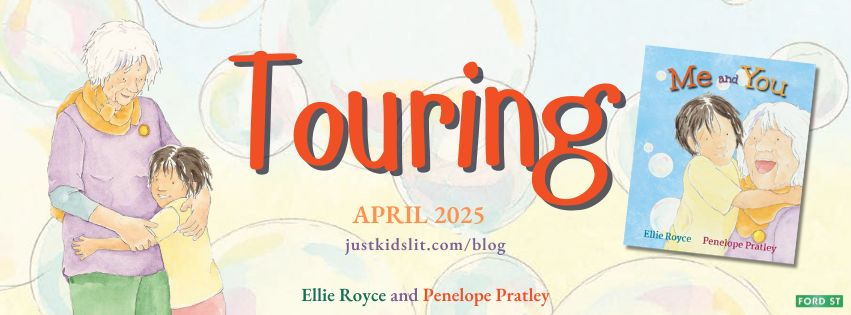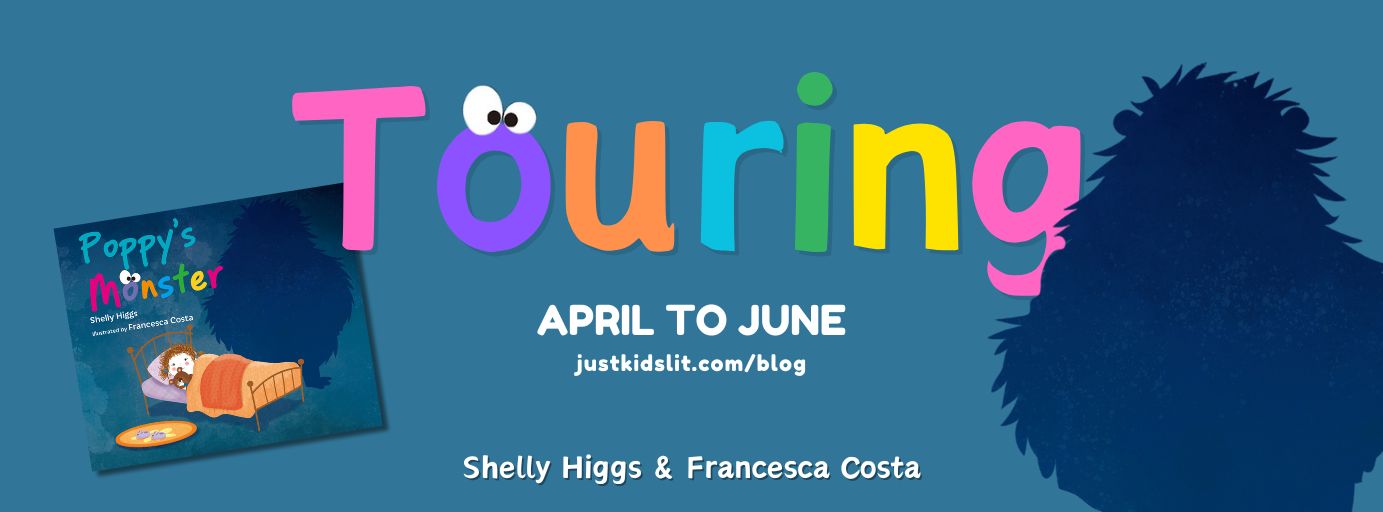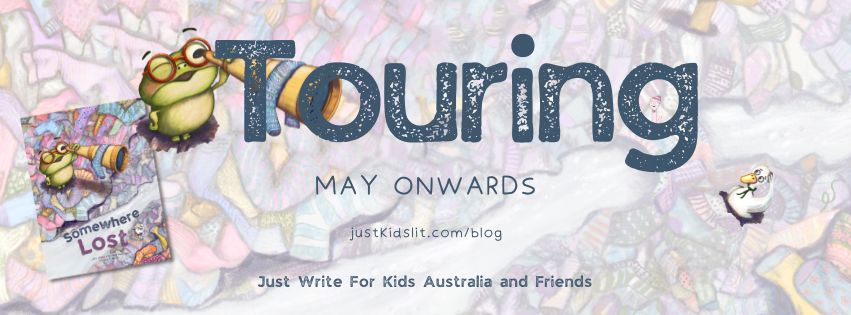Interview with Emma Ellice-Flint (Nutritionist)
 Emma is a nutritionist and a former chef and as passionate as we are about empowering children through story, Emma is passionate about making a difference to people’s lives through nutrition and natural medicine.
Emma is a nutritionist and a former chef and as passionate as we are about empowering children through story, Emma is passionate about making a difference to people’s lives through nutrition and natural medicine.
Emma welcomes and treats patients with all conditions but digestive wellness and hormone balance are topics close to her heart. So much so that she wrote an evidenced-based cookbook about female hormone balance called The Happy Hormone Cookbook. She brings together years of clinical experience, evidence-based nutritional advice, a wealth of knowledge about food and the excitement that goes with that understanding.
Who better to ask for a ‘writers diet’ – especially as we often spend hours tethered to desks and deeply rely on a constant stream of creativity.
Emma, what is Great Food For Creativity?
Whilst generally eating a wholefoods diet is great for our bodies, there are some definite star players that support the mind, concentration and creativity. We often forget that the brain needs the right nutrients to do its best work.
Avocados
Avocados have high levels of beneficial anti-inflammatory monounsaturated fat, especially oleic acid, as well as phytonutrients such as beta-carotene, helping to provide a healthy blood flow for a healthy brain. Avocados contain plenty of Vitamin C and B’s that support energy production and improve mood, giving us not only more energy to write and create but a good mood as well!
Seaweed
Sea vegetables contain some of the broadest range of minerals of any food and interestingly similar minerals as those found in your blood, offering unique support for your brain’s function . They are an excellent source of iodine and vitamin C, supporting your thyroid glands which help to stimulate feelings of vitality in our bodies and minds. It is thought the phytonutrient antioxidants in sea vegetables contain anti-inflammatory, anti-cancer, anticoagulant, antithrombotic, and antiviral benefits, all of which support your body and brain through intense hours of creative writing.
 Berries and Pomegranate
Berries and Pomegranate
High in antioxidant phytonutrients, these fruits benefit the brain by scavenging out free radicals, leaving our brains to function at optimal capacity. Berries, especially blueberry and blackcurrants, benefits the nervous system and brain health, helping to improve memory and cognitive ability, all good news for the functioning of your brain.
Alcohol
Alcohol tends to impede executive thinking and boosts up creative thinking!
Walnuts
Walnuts contain super beneficial oils. Walnuts offer cardiovascular support because of their omega-3 content. Adequate intake of omega-3s, including the alpha-linolenic acid (ALA) present in walnuts, has repeatedly been shown to help improve a wide variety of cardiovascular functions, but more importantly for the creative writer, a number of studies have shown potential health benefits for walnuts in the area of memory enhancement and general thought processes because of these fabulous oils.
Teas
Some of the best drinks to consume when in the flow of creative writing are green tea or matcha or hibiscus. They all offer great antioxidant benefits and so help with cognitive function and blood flow to the brain. Make a weak cold brew of any of these teas in a large jug, and sip from them all day, that way you also receive the hydrating benefits as well. Being hydrating means our minds work faster and we feel less tired.
Dark Chocolate
80% dark chocolate has significant health benefits for our brains, even better, is consuming cacao powder in foods such as in a non-dairy drink or homemade bliss balls. Cacao and cocoa improves blood flow to the brain plus it helps increase the production of brain neurotransmitters, making us feel great, and giving us greater vitality to power out those words.
Pumpkin Seeds
Not only do pumpkin seeds contain good oils, but they also contain zinc. Zinc is involved in normal brain development and used to achieve optimal energy levels in our bodies. Zinc plays a key role in behaviour and in making the “feel good” brain chemical serotonin, helping to keep our mood upbeat for writing and recovery sleep. Seafood is another great source of zinc.
What is a great diet for writers? (who sit and create!)
 A lot of these fabulous foods above are in many of the recipes in my new cookbook, The Happy Hormone Cookbook. By eating a great diet based from my cookbook , that is eating a wholefoods diet – primarily plant based, with some seafood and occasional meat – then your minds are receiving all the beneficial nutrients to creatively flow.
A lot of these fabulous foods above are in many of the recipes in my new cookbook, The Happy Hormone Cookbook. By eating a great diet based from my cookbook , that is eating a wholefoods diet – primarily plant based, with some seafood and occasional meat – then your minds are receiving all the beneficial nutrients to creatively flow.
Is there anything we should avoid?
Over eating. If you over eat then blood flow is concentrated around your digestive organs and abdomen and this can make you feel tired and certainly less likely to be mentally stimulated, quite the opposite. So keep your meals light and nutritious, nourishing your mind for creativity.
Dehydration. Your brain ‘slows’ down when we are dehydrated. We feel tired, and less likely to concentrate. Keep drinking sips of water or weak teas throughout your time writing, that way you can stay alert and in the flow.
Have we missed anything? Any other suggestions?
Movement and Vitamin D
Sunshine – Take breaks from your creative writing and go for a walk in the sunshine since this will enable your body to produce vitamin D.
Vitamin D is vital for brain development. It increases the production of glutathione which helps protect the brain from toxins, has powerful antioxidant activity and acts as an anti-inflammatory for the brain.
Movement reinvigorates your mind, moves your lymph fluid around your body helping to detoxify your brain. So you can come back to your creative writing ready to creatively flow again.
X Thank you!
 We are lucky Emma decided in 2007 to hang up her chef’s whites and concentrate on nutrition as her full time profession! Now with a Bachelor of Health Science (Nutrition) and regularly attending ongoing professional education, keeping up to date in the ever-changing field of nutrition. Emma runs nutrition cooking workshops across Australia. Find more information about Emma and her work at her website.
We are lucky Emma decided in 2007 to hang up her chef’s whites and concentrate on nutrition as her full time profession! Now with a Bachelor of Health Science (Nutrition) and regularly attending ongoing professional education, keeping up to date in the ever-changing field of nutrition. Emma runs nutrition cooking workshops across Australia. Find more information about Emma and her work at her website.






